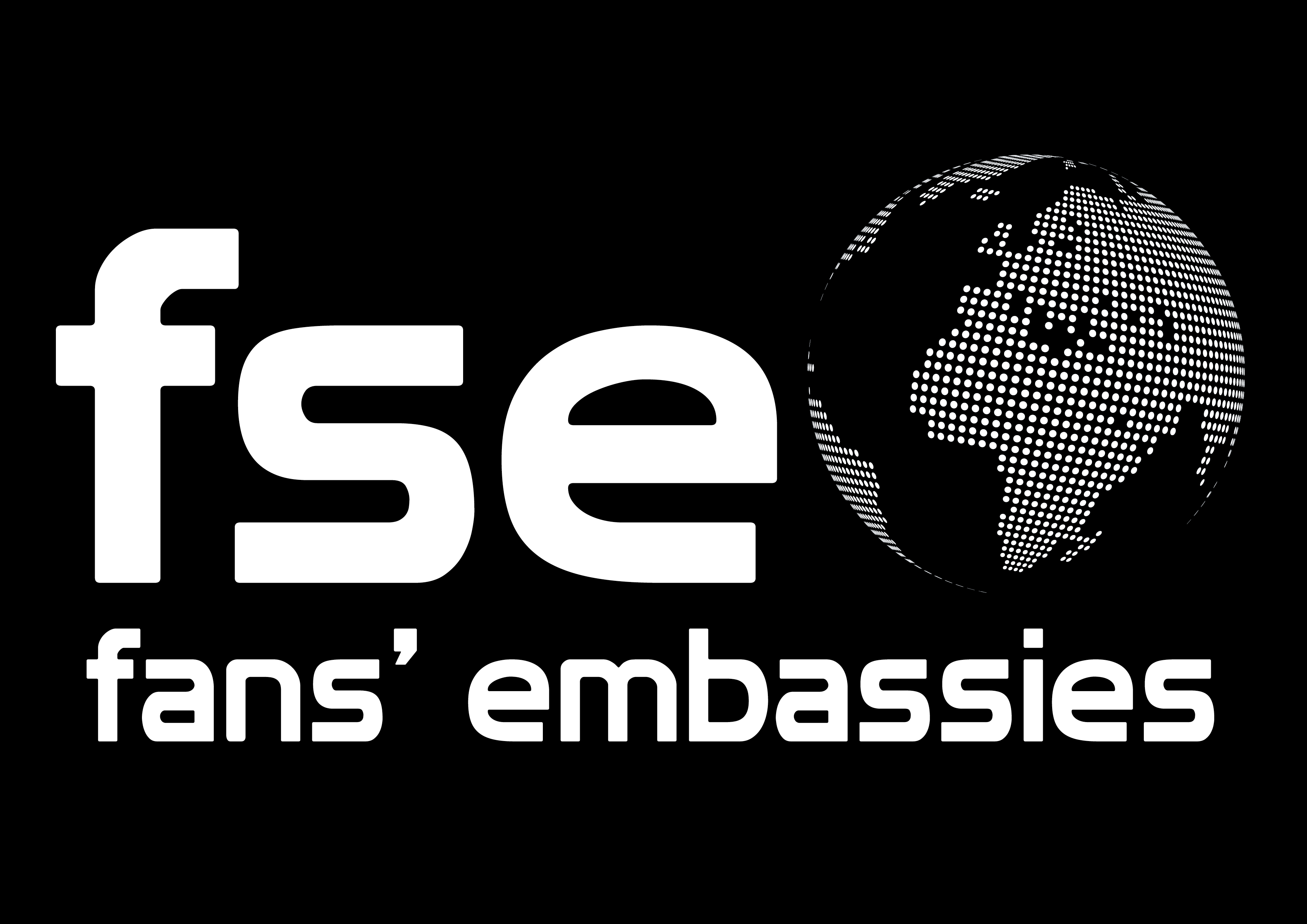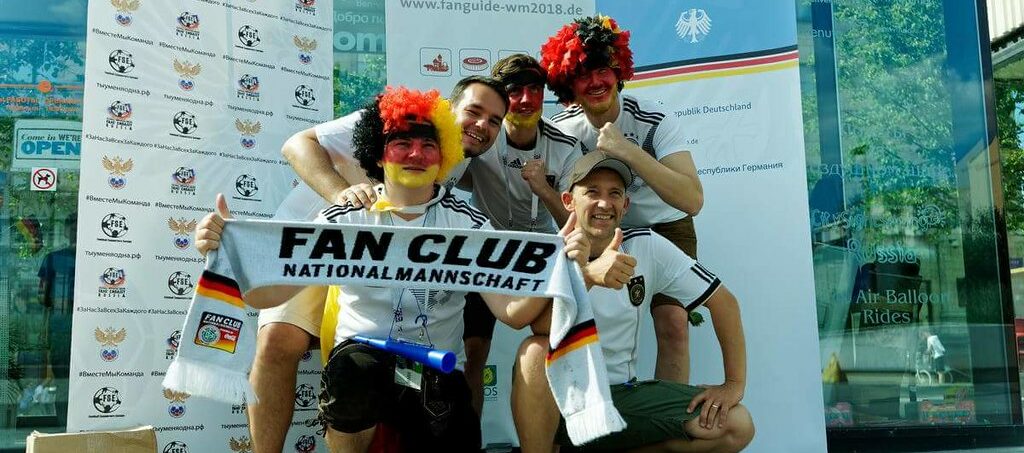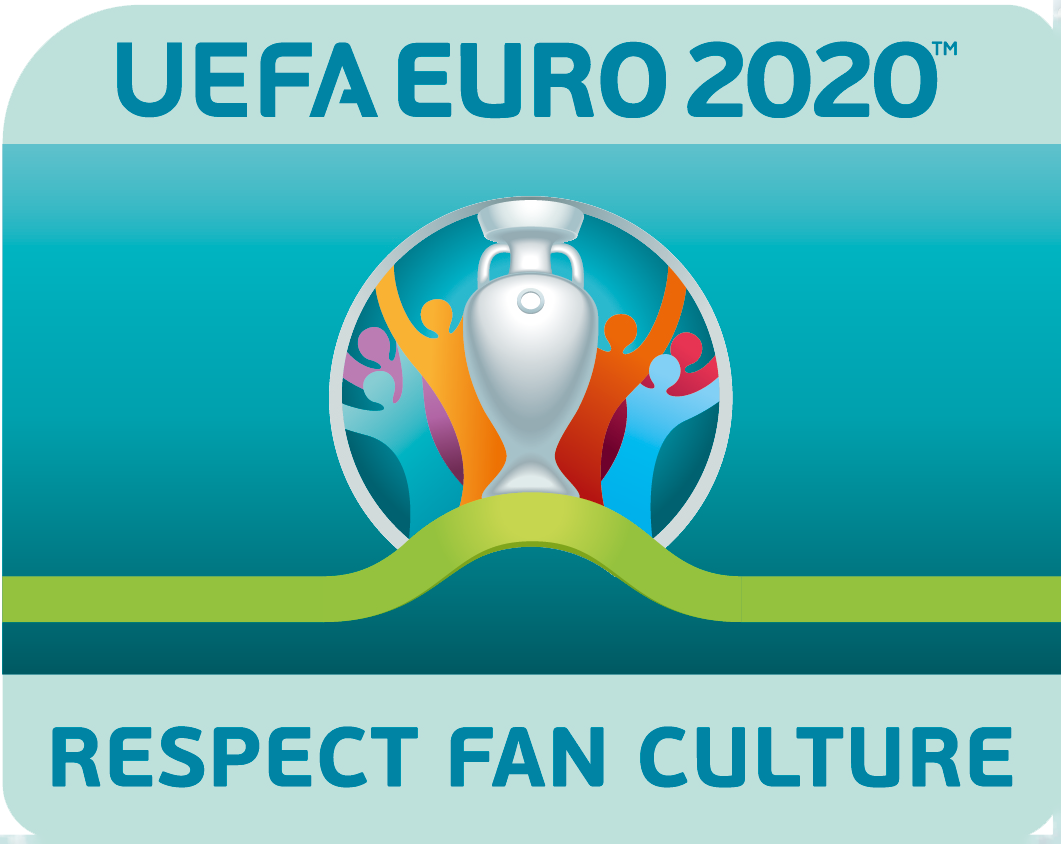The Fans’ Embassy concept can be traced back to services organised for fans of England and Germany at the 1990 FIFA World Cup in Italy. This gradually evolved into the more structured, formal, and comprehensive model national team fans are accustomed to today.
The main aim of Fans’ Embassies is to provide information, support, and access to dialogue mechanisms for travelling fans at international tournaments and fixtures. They also serve an important social function, promoting cross-cultural understanding and (hopefully) de-escalating any tensions that might arise within or between different groups of fans. They also furnish help and assistance in case of emergency (physical violence, theft, etc.).
In view of this, Fans Embassies have proven to be valuable and significant additions to the conventional security measures implemented during major tournaments over the past 30 years.
Foundation of Fans’ Embassies and Early History
The idea for Fans’ Embassies came out of two national initiatives developed independently of one another in England and Germany in the early 1990s.
• The English model – by fans, for fans
On the English side, the Fans’ Embassy service began as a lobbying and self-empowerment initiative set up by the Football Supporters’ Association (FSA), a membership-based campaigning body comprised of ordinary football fans. The English Fans’ Embassy service, known as Free Lions, has a reputation among England’s travelling fans as consistent, reliable, and relatable. The FSA runs Fans’ Embassies at every England game and publishes a Free Lions fanzine. More recently, the FSA has established a Fans’ Embassy for fans of the England women’s team, known as Free Lionesses.
• The German model – professional fan workers
Similarly, the service operated by German “fan workers” is delivered by individuals known to and trusted by the fans’ groups. However, the German Fans’ Embassy is managed by trained social workers engaged at various club-based fan projects (or fanprojekte), primarily involved in work among local fans’ groups. Since the 1990 World Cup, professional fan workers have also travelled with German national team fans and fans’ groups. The German Fans’ Embassies are run by KOS, the coordinating office of more than 40 club-based German fan projects.
It is significant and interesting to note that despite very different starting points, the parallel development of Fans’ Embassy services resulted in remarkably similar working practices. This commonality of experiences and conclusions about methodology shared by the two longest standing and most successful practitioners in the field allows us to speak with some authority about a tried and tested best practice model.
Modern History
To push the further development of the Fans’ Embassies and to improve and establish the work on a common network basis across Europe, practitioners and organisations in the field founded the Football Supporters International (FSI) network in 2001. FSI was initially set up by the Football Supporters’ Federation from England (now the FSA) and Germany’s KOS, along with organisations from Italy and the Netherlands. FSI was later officially funded to set up Fans’ Embassies at UEFA EURO 2004 in Portugal.
At the 2006 FIFA World Cup in Germany, an even larger number of FSI Fans’ Embassy teams travelled to assist their fans’ side by side with the newly introduced stationary Fans’ Embassies. UEFA EURO 2008 in Austria and Switzerland provided the network with the opportunity to further develop its work, increasing the number of mobile teams and officially running the programme with the necessary funding from UEFA. FSI members helped to continuously professionalise the approach and concepts and established new Fans’ Embassies all around Europe.
Ahead of UEFA EURO 2012 in Poland and Ukraine, after many months of hard work and campaigning it was confirmed that the Fans’ Embassies concept would become part of UEFA’s four targeted social projects. The newly formed Football Supporters Europe (FSE) received the financial assistance required to deliver the Fans’ Embassies project under the RESPECT Fan Culture banner. This proved to be a pivotal moment for the movement of Fans’ Embassies and was the most successful to the date. There were 12 mobile Fans’ Embassies in operation and 8 stationary Fans’ Embassies from the competing nations.
FSE Fans’ Embassies from England, Germany, Switzerland and Belgium were active at the 2014 FIFA World Cup in Brazil.
At UEFA EURO 2016 in France, Fans ’Embassies enjoyed their most successful tournament in history: fan volunteers from 19 participating nations were in operation to help travelling fans. Once again under the banner of RESPECT Fan Culture, Fans’ Embassies provided help and information on match days for supporters following their teams and reported a high demand from fans throughout the tournament. In total, there were more than 180 volunteers and staff members running Fans’ Embassies information points around every match at the tournament.
In 2018, at the FIFA World Cup in Russia, FSE coordinated and facilitated a whole range of fans’ activities, with the support of the Russian Football Union, Rosturism, and the host cities. In the first week of the tournament, FSE member associations and partners organised Fans’ Embassies, fan walks, and friendly matches between fans in every host city of the competition. Fans and supporters’ organisations from 20 participating nations were involved in the project.


